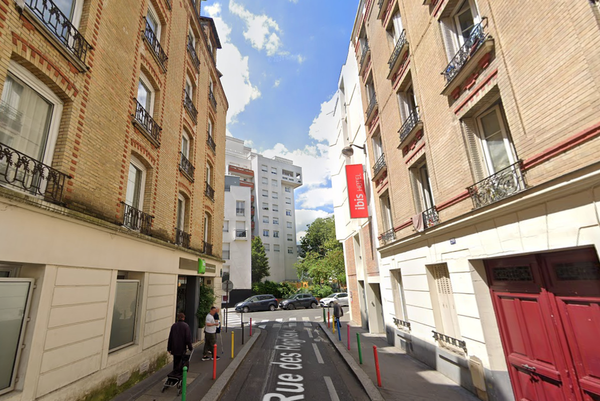
Hooked up to oxygen, slumped in a chair, his back against a window covered by curtains, my father said, “I just want to go home and die in Braidwood.”
It was April 2022 and my father, Jack Featherstone, was in Canberra hospital’s Covid-19 ward.
He had reached his 93rd year and was experiencing ongoing heart issues on top of cancer and a coronavirus infection, so he knew his days were numbered.
Braidwood, a small town halfway between Canberra and Batemans Bay, had been his home for the best part of three decades.
I can clearly remember him ringing me in the mid-90s and saying that, as he and my mother were divorcing, he needed to move. Apart from working as a dentist, primarily for the Aboriginal medical service in Redfern and various regional centres, Jack had been a lifelong artist. I suggested he consider Braidwood, because of its lively arts community.
Days later, he rang back and said, “I’ve bought an old schoolhouse in Braidwood.”
Jack became a prominent, if not eccentric, character in town. Fond of getting around while wearing two beanies at once (no matter what the weather), he spent much of his time doing paintings of farmlands and the nearby national parks.

I had sometimes thought of him as a hermit, but he attended as many cultural and reconciliation events as he could.
Braidwood multi-purpose service has just 37 aged-care beds. There’s also a hospital wing with acute beds and an emergency department. The expanded facility opened in 2020 but was not fully operational until 2021. Jack was lucky – he got a place and was able to return “home”, if not to the schoolhouse, to the community.
Many in his situation are not so lucky. According to Aged and Community Services Australia, between 60% and 75% of aged-care facilities in regional Australia operate in deficit, and they suffer from an inability to attract staff. As a result, many towns have lost their nursing homes.
Bombala, a three-hour drive south of Braidwood, is one such town.
In 2022, Southern Cross Care closed the Currawarna nursing home, which had been operating for more than 40 years. Existing residents were relocated to Pambula, a one-hour drive toward the coast, or Canberra, 2.5 hours away, meaning they lost their connection to their community.
Refusing to accept the situation, Bombala rallied and established a community-initiated, not-for-profit association to reopen Currawarna as an assisted living facility.
Chair of the association, Keith Campbell, says the federal government is making it near impossible to operate nursing homes in regional areas. “They’re requiring towns to meet the city benchmark, a one-size-fits-all approach, and it just doesn’t work,” he says. “It also disfranchises communities.”
To date, the town of 1,400 has raised $300,000.
Another Bombala local Lucy Culliton, who is an Archibald prize-listed artist and energetic supporter of Currawarna reopening, says an art fair has been organised and a nude calendar is in the final stage of production.
“I tip my hat to them,” Mayor Narelle Davis says. “While sadly it’s not possible for a new facility to have the status of a nursing home, it would allow our seniors to rent rooms and access the services they need.”
The Minns government also provided a one-off grant of $840,000 to help fund the community assisted living facility. They’re also providing $15m, in conjunction with the commonwealth, to expand the Bombala multi-purpose service to accommodate another 30 aged-care beds like the ones that allowed my father to die at home in Braidwood.
The member for Monaro, Steve Whan, says the New South Wales government supports the principle of ageing in place but added “there are challenges for regional aged care facilities in meeting the new standards for aged care introduced by the federal government”.
Campbell says the state funding is a “godsend”. “Our fundraising activities are demonstrating how much regional communities value their own people being able to age in their own community.”
The hope is Currawarna and the expanded multi-purpose service will complement each other.
In March, I visited my father for what would be the last time. We walked through the grounds of the Braidwood facility. Despite never being a gardener, Jack had collected and planted wisteria seeds; he pointed out five that had already germinated. A moment later, we watched a blue-tongue lizard disappear beneath the door of the heritage-listed morgue. He laughed.
I asked if he was still painting. “You bet,” he said. “I’ll go and get the latest!”
He returned with a small painting that depicted a game of croquet he and other residents had enjoyed on a generously sized balcony.
When he began to look tired, I suggested he rest.
As I drove away, I tooted the horn. My father was sitting on a bench, his painting in hand. He put this other hand in the air and waved.
Nine days later, he died peacefully in his sleep, in a room overlooking paddocks so green they looked new – the way he had always painted them.
Nigel Featherstone is a novelist, playwright, and freelance writer. His novel My Heart is a Little Wild Thing is published by Ultimo Press







